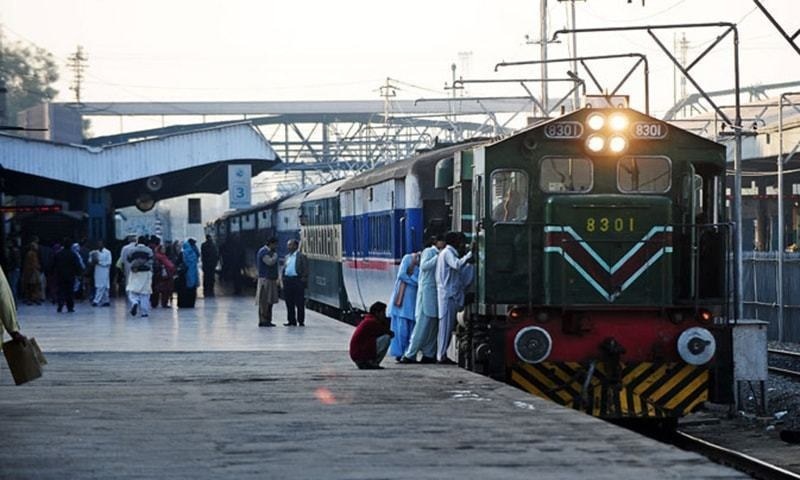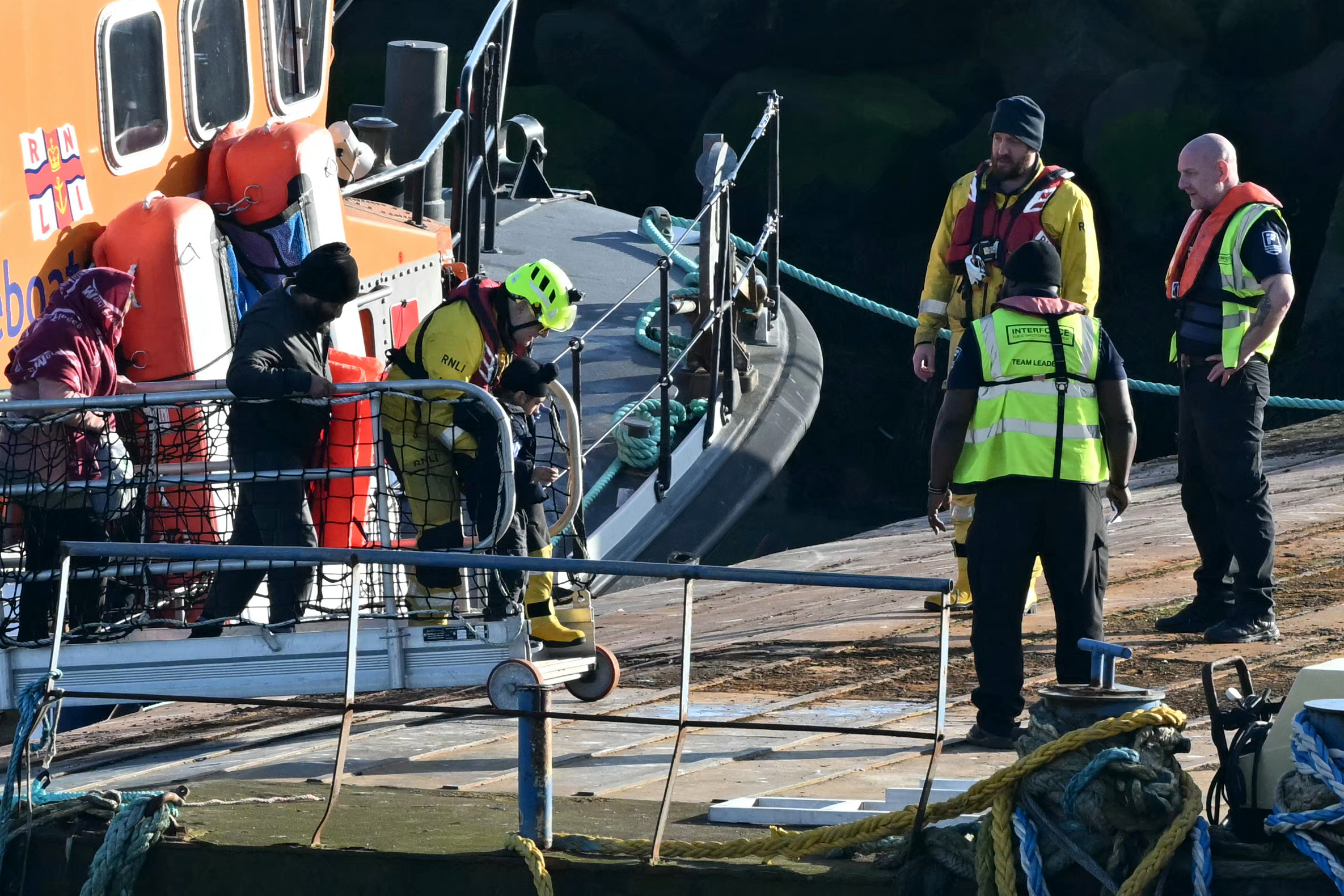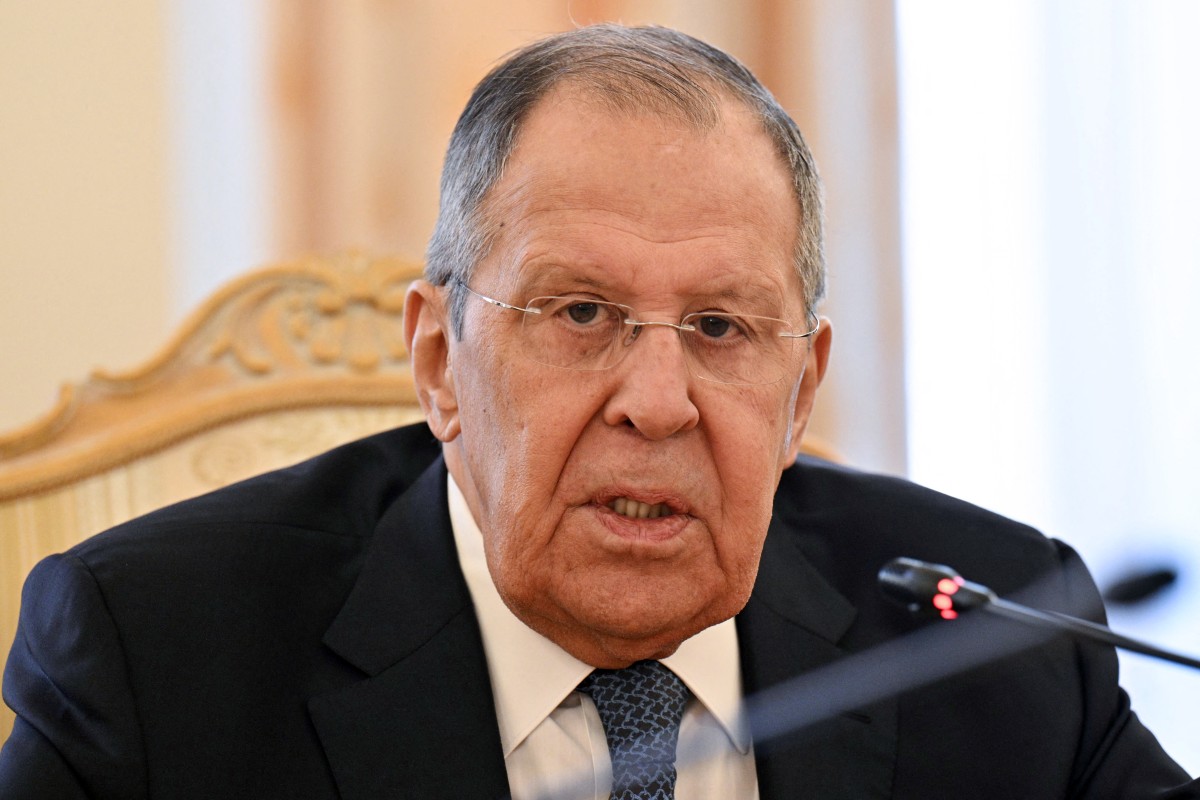Pakistan Railways to launch inclusive protocols for women, persons with disabilities


File Photo/AFP
ISLAMABAD: In a move toward making public transportation more inclusive and equitable, Pakistan’s railways ministry has announced the implementation of special travel protocols designed specifically to support women and persons with disabilities (PWDs).
The initiative is aimed at ensuring safety, dignity, and convenience for travelers who have historically faced challenges navigating the country’s railway system.
Railways Minister Hanif Abbasi chaired the official meeting in Islamabad on Monday, where the decision was finalized. The announcement marks a significant shift in Pakistan’s approach to transportation accessibility and gender-responsiveness.
“We are committed to creating a safe, peaceful, and respectful travel environment, especially for women and passengers with special needs,” Abbasi said during the meeting.
Gender-responsive, accessible travel
One of the central elements of the plan is the designation of special seating areas for persons with disabilities aboard newly refurbished trains. Additionally, wheelchairs will be made available at all major stations, ensuring ease of movement for passengers with mobility impairments.
To raise awareness and encourage behavioral change among the general public, informational posters and visual signage will be installed both inside railway stations and onboard trains. These will be complemented by regular audio announcements to reinforce the importance of respectful conduct and adherence to the new protocols.
“It’s not just about infrastructure, it’s about building a culture of empathy and inclusion,” said a senior official present at the meeting.
Automation and reform
The announcement comes as part of a broader effort to modernize Pakistan Railways, which has long struggled with outdated infrastructure and inefficient operations.
Last week, during a separate briefing, Abbasi revealed that automation technologies are being introduced to improve ticketing, scheduling, and monitoring systems. These digital upgrades aim to enhance passenger experience and operational efficiency.
The railways ministry is also engaging with provincial governments to develop partnerships focused on improving the rail network, particularly in under-served areas.
Resilience and dedication amid crisis
Abbasi used the platform to highlight the resilience of Pakistan Railways staff, who managed to keep Main Line-I operational even during the country’s most recent devastating floods.
“Not a single day of service disruption occurred on Main Line-I, thanks to the relentless dedication of our railway employees,” Abbasi stated proudly.
This operational continuity underscores the critical role rail plays in Pakistan's national transportation grid, especially during emergencies.
New passenger lounges in Karachi
In addition to accessibility upgrades and automation, the ministry also plans to enhance passenger comfort by constructing two new CIP (Commercially Important Person) lounges in Karachi.
These lounges are set to be inaugurated in October, aimed at providing a premium waiting experience for high-priority travelers.
Inclusive infrastructure
Pakistan's move to implement gender-responsive and disability-friendly measures in public transport aligns with global best practices and sustainable development goals (SDGs) related to infrastructure, equality, and accessibility.
While implementation will take time, the announcement reflects a growing recognition within Pakistan's public institutions of the importance of inclusivity and dignity for all travelers.
“This is just the beginning. Accessibility is not a one-time initiative, it’s a long-term commitment,” said an official from the ministry.
With over 70 million passengers using Pakistan Railways each year, the impact of these reforms could be wide-reaching, particularly for women and people with disabilities who have long struggled to access public transportation on equal terms.
Latest News
Pakistan responds to unprovoked Afghan border fire as tensions escalate
AN HOUR AGO

South Africa thrash West Indies in T20 World Cup statement win
5 HOURS AGO

Nearly 8,000 died or vanished on migrant routes in 2025: UN
5 HOURS AGO

Russian says 'no deadlines' to end Ukraine war
6 HOURS AGO

Merz says Germany, China must overcome trade gaps 'together'
9 HOURS AGO
